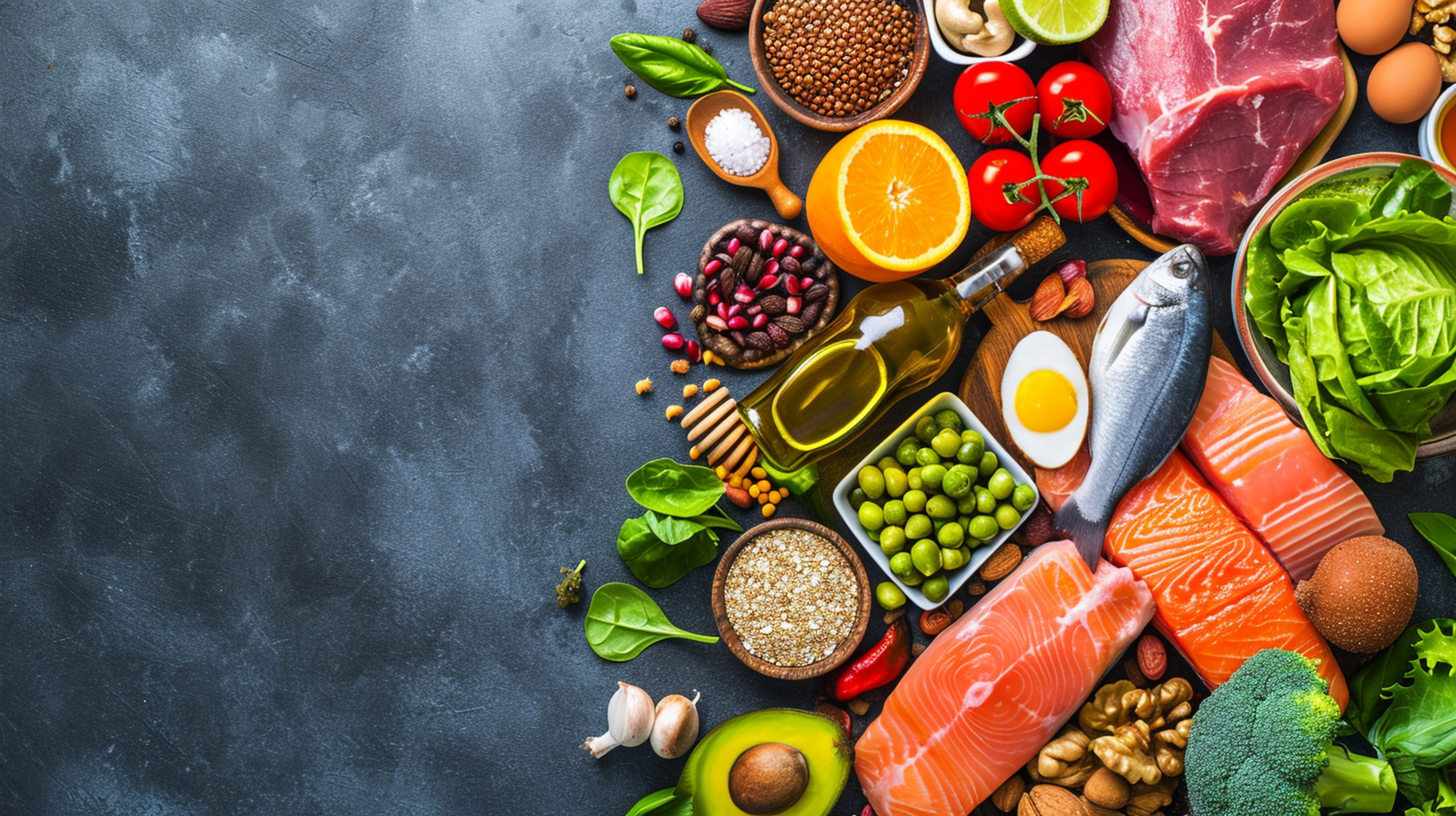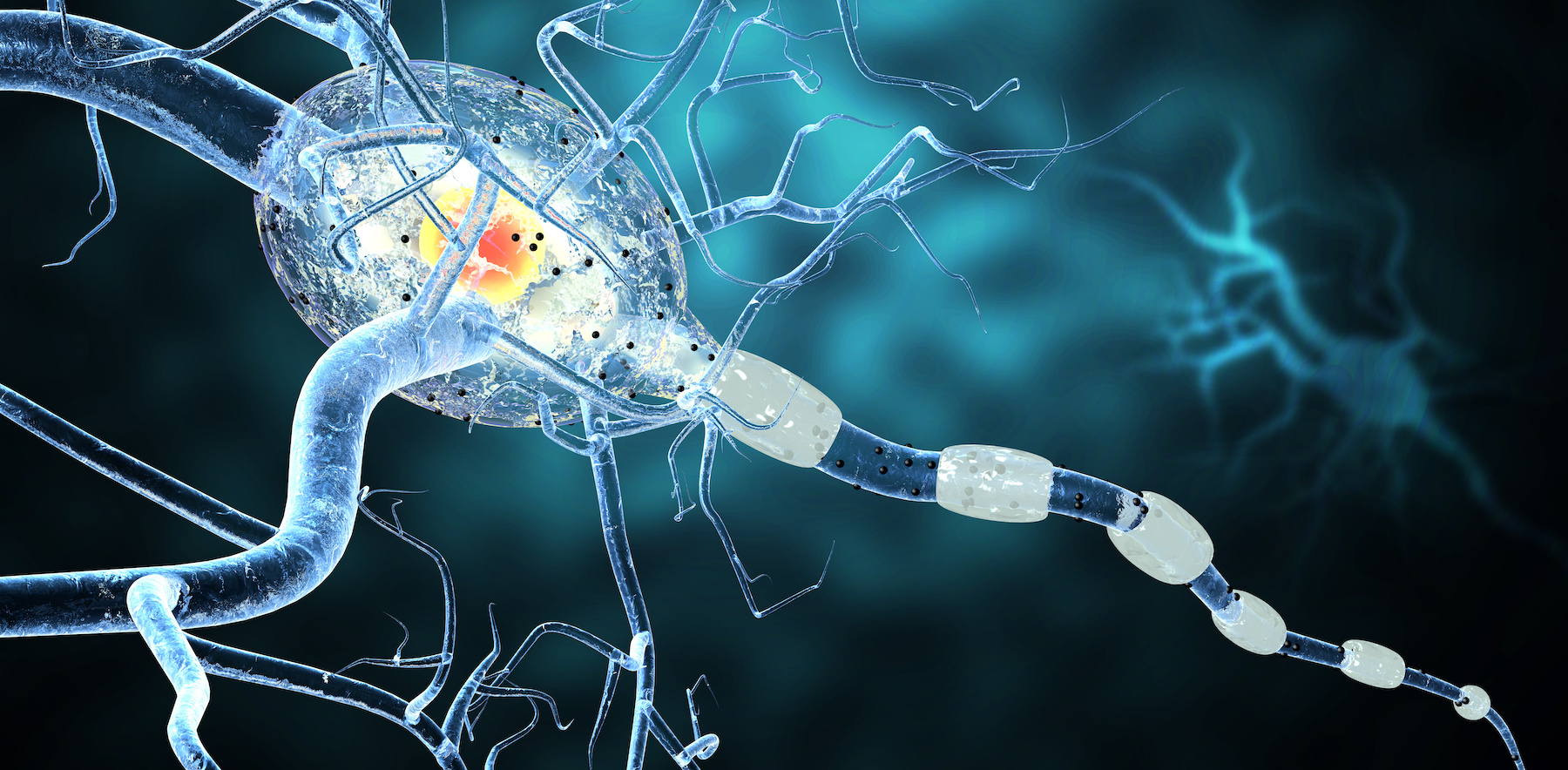

Fasting – you’ve probably heard this word before. Fasting is nothing new to humans – we’ve even named a meal after it, breakfast. But when “fasting” is talked about as a diet for weight loss most people tend to tense up thinking they’ll have to starve themselves for weeks. And who wants to be “hangry?”
But fasting sporadically here and there is actually beneficial for not just weight loss but for the prevention of disease too. So – over are the days of long weeks of fasting just to lose a pound or two. Even fasting for just a few days out of the month has been shown to prevent and reverse certain diseases. This is because your body is able to reduce inflammation, lower lipid levels, improve insulin levels, and promote anti-aging effects while fasting. However, please do not fast without the permission and supervision of your doctor, as there are certain conditions in which can be dangerous.
Autophagy: The Science Behind Fasting
Most people think fasting or intermittent fasting benefits are from simply reducing food intake and detoxing from bad food. But in fact, there’s actually a whole science behind fasting. And the state your body enters into during your fast is the most important part of why it’s so good for your health. Health benefits from fasting range from weight loss, heart health, brain health, and life longevity.
The state your body enters into during fasting is called autophagy, which translates to “self-eating.” So while you’re not eating – your cells are “eating” and performing a major whole-body cleanup.
Autophagy in fasting is the important state of detoxing your body needs to recycle damaged cells and parts of cells such as the mitochondria, endoplasmic reticulum, and peroxisomes. This autophagy “housekeeping” process rids and rejuvenates your body. And the best ways to induce your body into autophagy are by fasting or high-intensity exercise.
Your body also enters into an alternative metabolic state. In which it relies less on glucose and more on ketones helping insulin resistance and obesity. These effects help reduce inflammation and oxidative stress which are two factors highly associated with cancer, heart diseases, diabetes, and autoimmune diseases.
3 Effective Fasting Methods
Diets can be hard to stick to because you’re having to constantly count calories and sometimes avoid certain food groups altogether. With fasting, your focus is on the time period you eat – not the food. And not to mention all the anti-aging and disease preventing effects fasting gives you, trying any of the following fasting diets can promote overall better health. However, for best results, you want to stick with anti-inflammatory, nutrient dense, unprocessed, whole foods for best results.
1. Intermittent Fasting
Intermittent fasting is a time-restricted method which still allows you to feast during certain times while fasting the rest of the time. Intermittent fasting benefits your entire body by extending the natural cleanup process of autophagy.
Drinks such as water, black coffee, or any non-caloric beverage are allowed during your fasting period to help reduce hunger strikes – and highly suggested.
Different types of Intermittent fasting include:
- 5:2 interval – This type of intermittent fasting allows 5 normal eating days with 2 fasting days when you reduce calories to 500-600.
- 16/8 method – This consists of a 16-hour fasting period with an 8-hour eating period. Some also do well with 18/6.
- Eat-Stop-Eat – This fasting diet involves a 24-hour fast once or twice a week.
- Alternate day fasting – On this fasting diet you’ll fast every other day. On your fasting days, calorie intake drops to 500 calories.
Some of these intermittent fasting “diets” can be extreme and may have some struggling with headaches, blood sugar, or “hanger” issues by the end.
For intermittent fasting beginners, try starting with the 16/8 method. The 16/8 fasting diet is a little easier because you can fast for the majority of the time while you sleep. Pushing your first meal in the morning to early afternoon helps you reap this intermittent fasting diet benefits a little easier. If you are brand new to this concept, you may even start with 12/12 and work your way down to 16/8.
Intermittent fasting benefits:
- Reduces inflammation and oxidative stress
- Promotes weight loss
- Lowers blood pressure
- Protect against cardiovascular disease, cancer, and neurodegenerative disease
- Improve body composition
- Improve insulin resistance and sensitivity
- Prevent and reverse type 2 diabetes
- Strengthen your immune system
2. Water Fasting Method
The water fasting diet consists of just that – water. This fasting diet usually lasts between 24-72 hours. Drinking only water during this time promotes all the benefits of autophagy – keeping your body in a rejuvenating period for a full 24 hours.
Water fasting benefits include:
- Decreasing inflammation
- Reducing oxidative damage
- Lowering NF-kB activation
- Supporting your immune system
- Inducing weight loss
- Lowering blood pressure
Water fasting shouldn’t be undertaken by certain people such as those with diabetes, chronic kidney disease, older adults, or pregnant women. Restricting food and over-hydrating can be harmful to these people. Please always consult your doctor before attempting this type of fasting.
3. The Fasting Mimicking Diet
Can’t bear to even think about not eating for more than 12 hours at a time? Then the Fasting Mimicking Diet might be just for you. Created by Dr. Valter Longo from the USC Longevity Institute, the fasting mimicking diet was scientifically developed and clinically proven to provide all the benefits of a fasting diet without actually fasting.
Dr. Longo discovered how to trick the body into thinking it was still fasting, which causes it to stay in the autophagy mode – reaping all the fasting benefits. His company, L-Nutra, sends you specific fasting mimicking meals, ProLon, which are all whole plant-based meals. These meals are to be eaten 5 days in a row, during which it restricts caloric intake and protein on those days to help stimulate autophagy. This diet is prescribed by your doctor, and depending on your health condition, may be prescribed 3 months in a row, quarterly, or semi-annually.
Benefits of the fasting mimicking diet:
- Promoting weight loss
- Decreasing cancer risk
- Maintaining a lean body mass
- Reducing cholesterol and triglycerides
- Stabilizing blood glucose
- Reducing inflammation
- Improving cognitive function
- Supporting energy
And best of all with this fasting diet – you can still eat!
Food For Thought
Fasting isn’t just for losing weight. And with multiple different options of fasting methods to choose from you can pick the one that best suits your lifestyle.
Fasting doesn’t mean you get to chow down the days you aren’t restricted from eating. So make sure to complement your fasting method with healthy eating habits to maximize its benefits.
Diet is one of the most important lifestyle factors for leading a healthy life. If you’re looking to reduce your risk of harmful diseases or want to prevent disease, but don’t want the restrictions of a harsh diet 24/7 – incorporating fasting could be helpful for you. With a little self-discipline, you can reach significant benefits to your health with a fasting regimen. Request an appointment with Dr. Emily Parke or her team members by calling (602) 892-4727 today.
Reference
https://www.ncbi.nlm.nih.gov/pmc/articles/PMC3946160/
https://www.ncbi.nlm.nih.gov/pmc/articles/PMC1993912/
https://www.ncbi.nlm.nih.gov/pubmed/29875683
https://www.ncbi.nlm.nih.gov/pmc/articles/PMC5388543/
https://www.ncbi.nlm.nih.gov/pubmed/19149749
https://www.ncbi.nlm.nih.gov/pubmed/25540982
https://www.ncbi.nlm.nih.gov/pmc/articles/PMC5388543/
https://www.ncbi.nlm.nih.gov/pmc/articles/PMC4721637/#R4
https://www.ncbi.nlm.nih.gov/pubmed/11416824
https://prolonfmd.com/wp-content/uploads/2018/05/cell-july-2015.pdf
Share:
Related Posts

What Is Sleep Apnea? Symptoms, Risks, and Treatment Options
Sleep apnea occurs when breathing repeatedly stops and starts throughout the night. Learn the symptoms, risks, and sleep apnea treatment options.

Estrogen Metabolism: How It Works, Why It Matters, and Supplements for Healthy Estrogen Metabolism
Estrogen metabolism is vital to estrogen regulation. Learn how it works and how the DUTCH test can provide insight into hormonal imbalance.

The Paleo Diet Versus the Autoimmune Paleo Diet: Differences and Benefits
Learn the difference between the paleo and the autoimmune paleo diet, including food lists, what foods to avoid, and all the health benefits!

A Complete View of Multiple Sclerosis: Symptoms, Diagnosis, and Functional Medicine Treatment Options
Get a complete view of multiple sclerosis, including common symptoms and treatment options, including nutrition and supplementation.
